You deserve real support, not judgment disguised as advice.
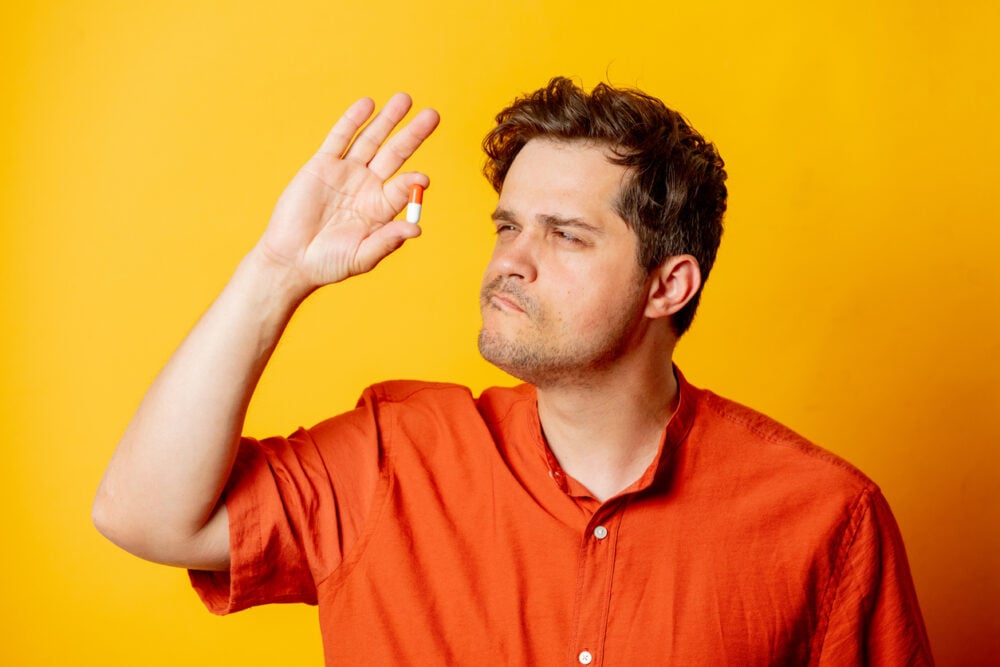
There are real reasons people hesitate to trust medication. The opioid crisis, aggressive pharmaceutical marketing, and careless overprescribing have left lasting scars. Entire communities watched how profit came before people. It’s not paranoia—it’s lived experience. And it’s understandable to question a system that sometimes treats symptoms instead of root causes.
But myths about medication don’t just criticize the system. They also harm the people stuck inside it. Fear, shame, and half-truths keep people from getting help they desperately need. They turn serious health decisions into battlegrounds. They confuse taking medication with failure. Healing requires more honesty than that. It’s not about pretending medication is perfect. It’s about recognizing that sometimes it’s life-saving, and that real support means letting people choose the care that helps them survive. These twelve myths aren’t just wrong—they’re barriers. And it’s time to move past them.
1. “Medication just masks the real problem.”

It’s a comforting idea—that if you just dig deep enough, solve the root issue, you’ll never need medication. But real life isn’t always that simple. Some conditions have biological roots. Some trauma runs deep enough that healing takes time, and medication provides stability while the real work happens.
Experts at the American Psychiatric Association note that stigma often wrongly portrays psychiatric medication as a crutch, when in reality it can be a crucial part of recovery and overall mental health. It’s not a shortcut. It’s a tool.
When you’re drowning, you don’t criticize the life raft for not teaching you how to swim faster. You grab it because staying afloat is the first step. Healing is never just about one pill or one breakthrough. It’s a layered, messy, ongoing process—and sometimes medication is what keeps you in the fight long enough to do the deeper work.
2. “If you were stronger, you wouldn’t need it.”
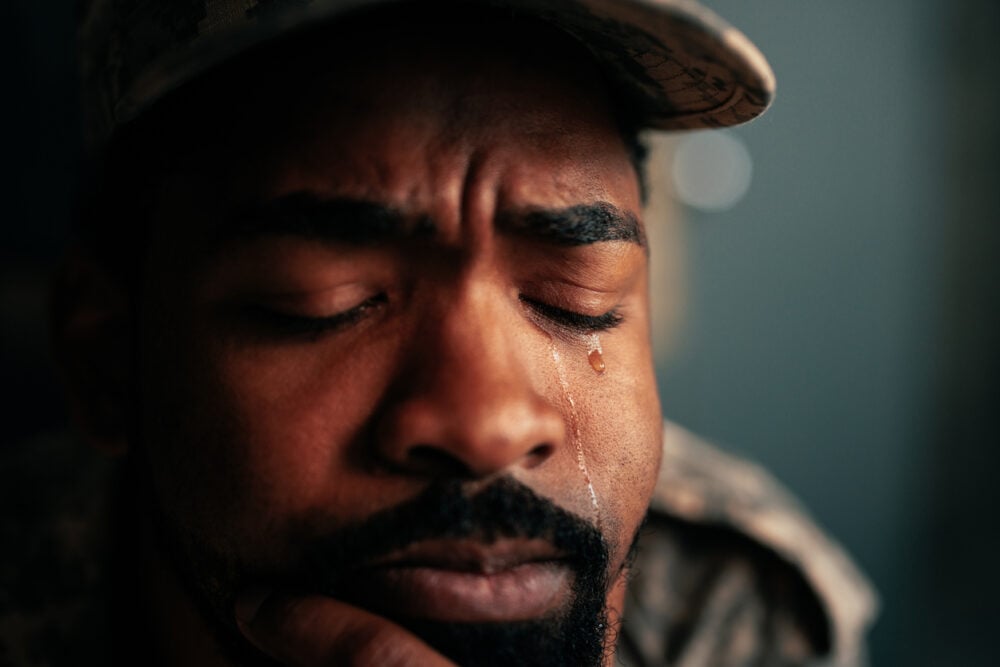
Strength has nothing to do with it. Mental and physical illnesses aren’t tests of character—they’re medical realities. You wouldn’t call someone weak for needing insulin. You wouldn’t shame a cancer patient for undergoing chemotherapy. Writers at Resilient Mind Counseling emphasize that taking psychiatric medication is not a sign of weakness, but a courageous step toward healing and stability.
Taking medication isn’t giving up. It’s not a moral failing. It’s an act of survival. It’s doing what you need to function, to heal, to build a life worth staying in. True strength isn’t about enduring unnecessary suffering to prove a point. It’s about recognizing when you need support—and letting yourself have it. There’s nothing noble about white-knuckling your way through pain you didn’t choose. Needing help doesn’t make you weak. It makes you human.
3. “Doctors just want to push pills for profit.”

There’s truth underneath this fear. Researchers writing for NCBI explain that aggressive pharmaceutical marketing has played a major role in driving overprescription, particularly during the opioid crisis. Some doctors have been careless—or motivated by profit. The opioid crisis showed exactly how dangerous that can be. But assuming every medication decision is corrupt ignores the countless providers trying to do right by their patients.
Most doctors genuinely want people to feel better. They recommend medication because they’ve seen it change lives, not because they’re trying to hit a quota. And many patients do real research, ask real questions, and make informed choices—not passive ones.
Criticizing the system is necessary. But blanket distrust hurts the people who could genuinely benefit from support. It’s possible to demand better oversight and still recognize that medication, prescribed thoughtfully, can save lives.
4. “Once you start, you’ll be stuck on it forever.”
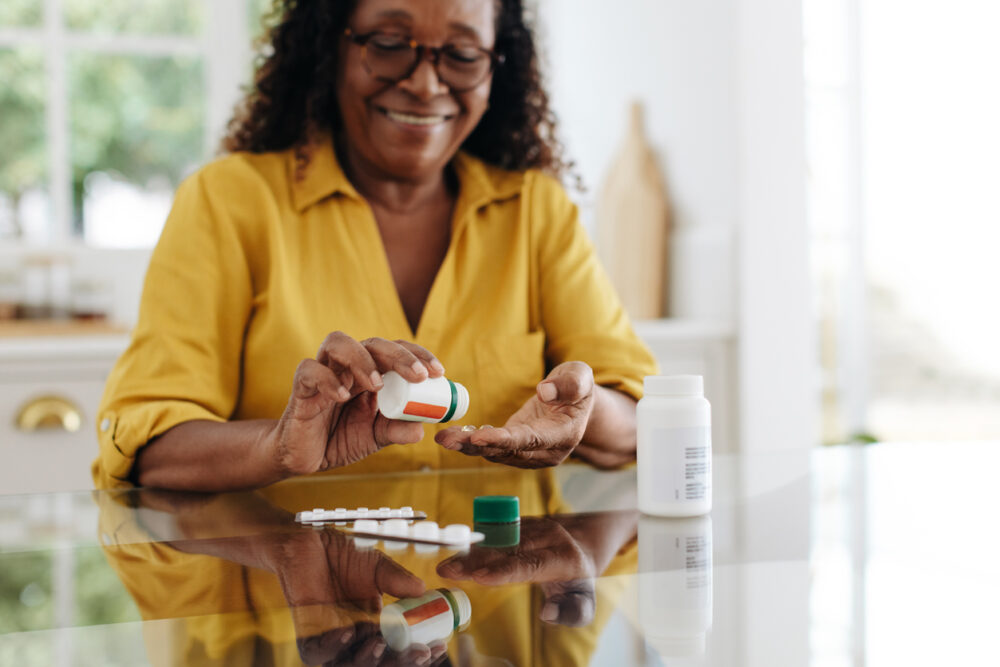
For some people, long-term medication makes sense. For others, it’s a stepping stone. The truth is, there’s no one path. Some medications are meant to be short-term support. Some are a lifelong management tool, like glasses or an inhaler. Neither is a failure. Both are valid. Believing that starting medication locks you in forever makes people afraid to seek help in the first place. It treats treatment like a trap instead of what it actually is: a flexible tool that can change as your needs change. Doctors reassess medications all the time.
People taper off safely when it’s right for them. And if you do need it long-term, that doesn’t mean you did something wrong. It means you listened to your body and chose the care that kept you alive.
5. “Medication changes your personality.”

This myth cuts deep because it plays on the fear that you’ll lose yourself. But what most people find is that medication doesn’t erase who they are—it makes it easier to show up as themselves. It lifts the weight of depression, quiets the static of anxiety, softens the edges of pain so there’s room for real personality to breathe.
Untreated suffering often changes people more than medication ever could. It’s hard to be your fullest, most authentic self when you’re drowning. Medication doesn’t overwrite your character—it can give it back to you. Maybe you laugh more. Maybe you connect more. Maybe you feel things more clearly instead of getting stuck in survival mode. Feeling better isn’t losing yourself. It’s finding the parts of you that deserve to live without constant struggle.
6. “Natural remedies are always safer.”

Natural doesn’t automatically mean safe—or effective. Plenty of natural substances are powerful, dangerous, or completely unregulated. And while some herbal supplements can genuinely help, they aren’t always enough on their own. Sometimes they interact badly with other treatments. Sometimes they delay people from seeking care that could make a real difference.
The idea that “natural” is better sounds comforting because it feels simpler, less scary. But health decisions aren’t a morality contest between “good” and “bad” options.
They’re about what works, what heals, what sustains life. It’s great to seek out holistic care, diet changes, therapy, movement—but medication can be part of that holistic approach too. You don’t have to choose one or the other. Real healing allows for complexity. And it doesn’t punish you for taking the tools that work.
7. “You should be able to heal without medication.”

It’s a beautiful idea—that given enough time, therapy, mindfulness, or grit, you can heal naturally. And sometimes that’s true. But for many people, healing without medication isn’t just harder—it’s unsafe. When depression, anxiety, trauma, or physical conditions hijack your brain and body, support isn’t optional. It’s survival.
Medication doesn’t erase the work of healing. It creates a safer, more stable foundation for it. It’s the difference between climbing a mountain in sneakers versus climbing barefoot over broken glass. The goal isn’t to stay on medication forever if you don’t need it. The goal is to survive the climb. No one should feel ashamed for using every tool available to get there. Healing isn’t about winning some purity contest. It’s about getting your life back—and sometimes that means accepting help in whatever form it comes.
8. “Medications just create dependency.”
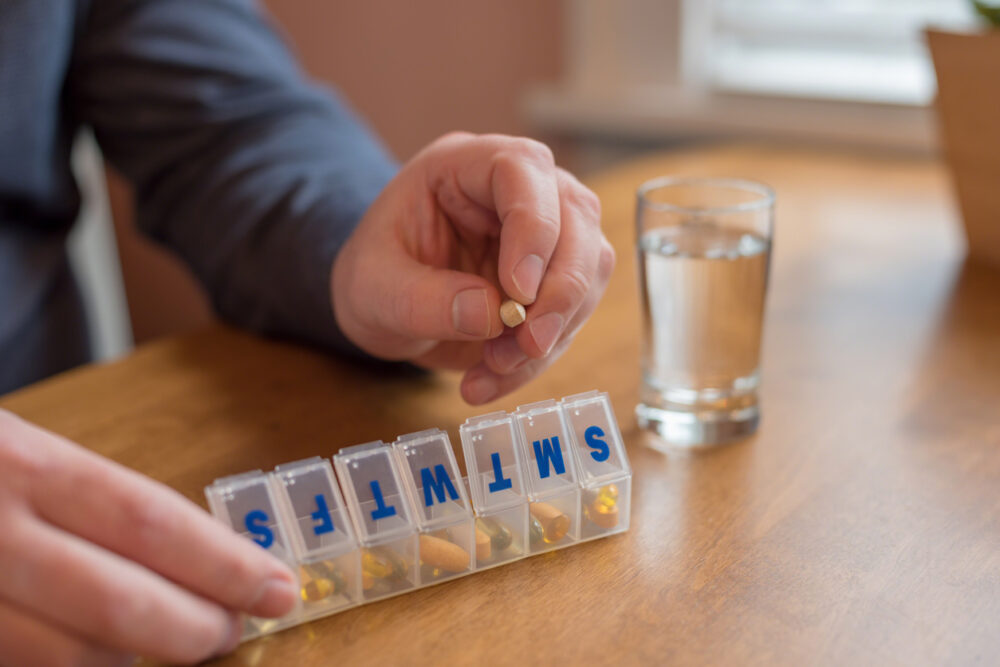
There’s a difference between dependency and support. Yes, some medications require careful management. Yes, withdrawal and tapering must be done thoughtfully. But needing something to stay alive, functional, or safe isn’t a moral failure. You depend on food, water, shelter, relationships—and no one shames you for that.
Medication dependency isn’t the same as addiction. It doesn’t mean you’re “weak” or “broken.” It means your brain or body needs a certain support to operate the way it’s meant to. And often, the bigger danger comes from untreated illness, not the medication itself. Framing all medication as a trap ignores how much it helps people reclaim their lives. Support isn’t the enemy. Isolation, untreated suffering, and shame are. And the more we understand that, the more people will survive long enough to heal on their own terms.
9. “If medication doesn’t fix everything fast, it’s not working.”
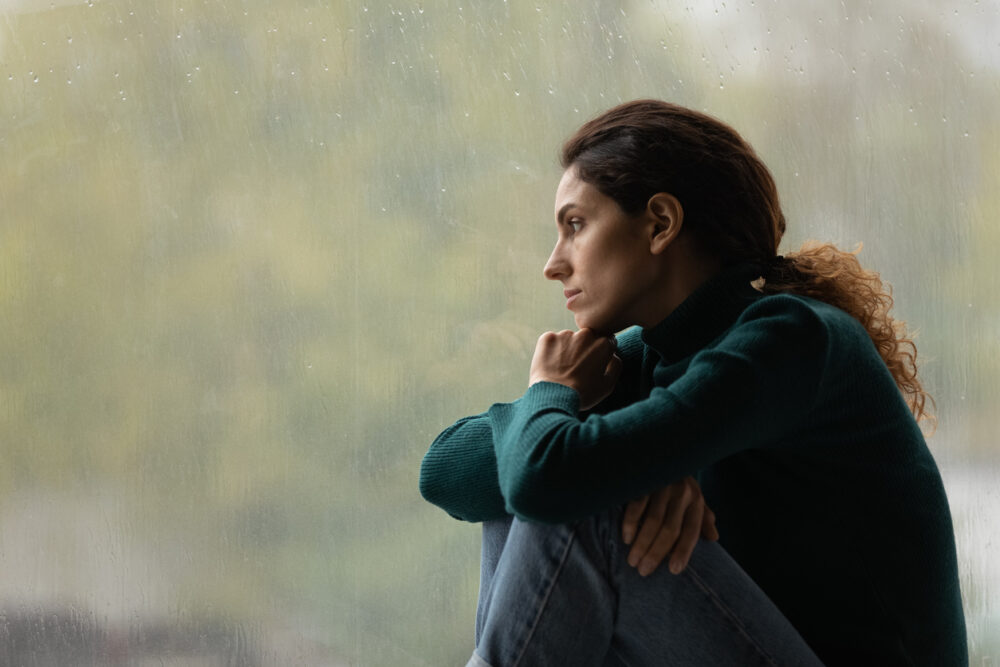
In a culture obsessed with instant results, it’s easy to expect a magic switch: take a pill, wake up fixed. But medication—especially psychiatric medication—doesn’t work like that.
It often takes weeks to reach full effect. It can take multiple tries to find the right dose, the right drug, the right combination.
Slow progress doesn’t mean failure. It means healing is happening in layers, quietly, underneath everything you’re still surviving. Expecting immediate perfection sets people up for disappointment and self-blame. Sometimes medication takes the edge off first. Sometimes it makes space for therapy to start working. Sometimes it simply holds you up while time does its job. Healing isn’t a straight line. And medication isn’t a miracle cure. It’s a support beam, not a finish line—and that’s still something worth fighting for.
10. “Side effects mean it’s not worth it.”

Side effects are real. They can be frustrating, scary, even dangerous sometimes. It’s important to take them seriously. But side effects aren’t the whole story. Plenty of life-saving treatments—from chemo to insulin to blood pressure meds—come with side effects too. We don’t dismiss those treatments as worthless because of it.
Navigating medication is about weighing risks and benefits. It’s about collaboration between you and your doctor, adjusting doses, switching meds if necessary, advocating for yourself when something feels wrong. It’s not about expecting perfection. It’s about asking: is my quality of life better with this help, even if it’s imperfect? For many people, the answer is yes. And that answer deserves to be respected, even if the path isn’t seamless.
11. “If you need meds, you must be broken.”

The myth that needing medication means something is fundamentally wrong with you cuts deeper than most people admit. It turns survival into shame. It frames help as proof of failure instead of what it actually is: proof that you’re fighting for yourself when it would be easier to give up.
Brains get sick. Bodies misfire. Trauma leaves real chemical footprints. None of that means you’re broken beyond repair. It means you’re carrying pain—and choosing to stay alive anyway. Needing medication isn’t a glitch. It’s a part of your story. Sometimes the strongest thing you can do isn’t toughing it out without help. It’s recognizing that you deserve help in the first place—and taking it without apology.
12. “Medication means you’re not doing enough work.”

This myth sneaks in with a side of toxic positivity—the idea that if you just journaled harder, thought more positively, or tried enough self-care hacks, you wouldn’t need medication. But medication doesn’t replace the work. It supports the work. It clears the static so you can actually engage with it.
Healing still demands effort. Therapy, reflection, behavior changes—they’re still part of the equation. Medication isn’t a cheat code that skips the hard parts. It’s a handhold so the climb doesn’t kill you before you reach the next ledge. Taking meds doesn’t mean you gave up on doing the work. It means you respected yourself enough to make the work survivable. Real healing doesn’t require you to choose between tools. It demands you use every one that helps you stay standing.